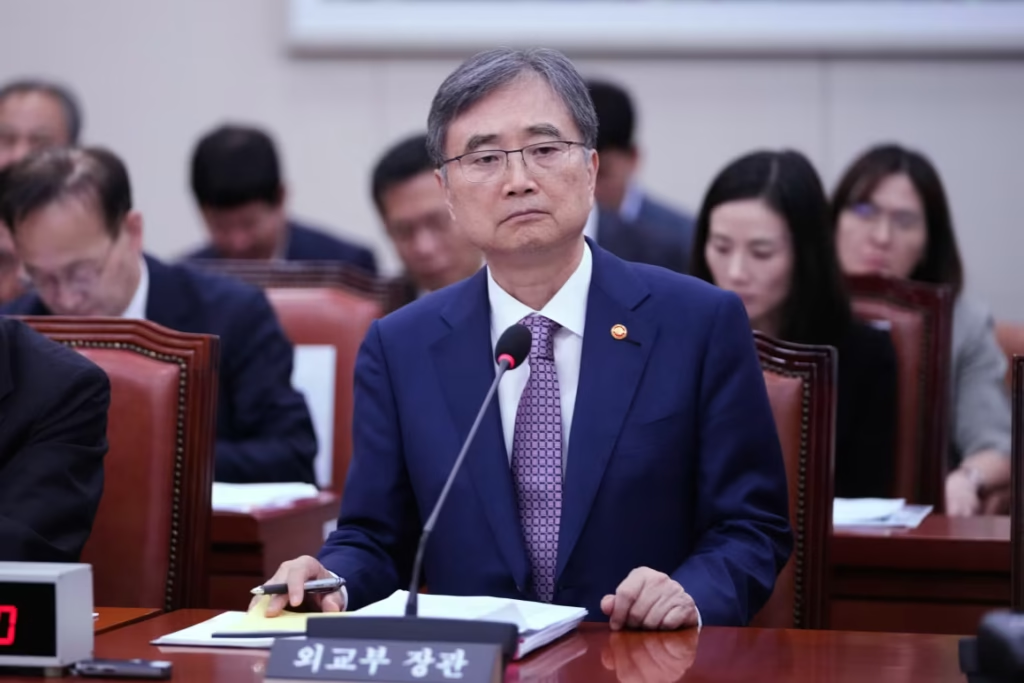The immigration raid at the Hyundai LG battery plant in Georgia on September 4, 2025, has become more than a local enforcement story. With nearly 475 workers detained, including more than 300 South Korean nationals, the operation quickly escalated into an international incident that tested diplomatic ties between Seoul and Washington.
Within hours of the raid, South Korea’s government launched urgent negotiations to secure the release of its citizens. Officials confirmed that an agreement had been reached allowing for the repatriation of the detained workers. Charter flights are being arranged to bring them home once all legal and administrative steps are completed. The foreign minister dispatched senior envoys to the United States to handle the fallout directly, underscoring the seriousness with which the matter is being treated.
The episode has stirred widespread anxiety in both communities and corporate circles. Families in South Korea have expressed shock at the detentions, while Korean American communities in Georgia describe an atmosphere of fear and confusion. Business leaders are also worried that the incident could undermine confidence in the United States as a safe and stable environment for foreign investment.
Seoul’s response was firm but measured. Officials expressed regret that workers connected to one of South Korea’s flagship corporations were caught up in the raid and emphasized the need to protect the dignity and rights of its citizens abroad. At the same time, the government highlighted the importance of keeping the broader economic partnership with the United States intact.
The raid has also reignited debate in America over the future of immigration enforcement. Supporters claim it demonstrates a commitment to the rule of law, while critics argue that the operation inflicted unnecessary harm on workers and families. With Washington now signaling that more raids on employers may follow, the Hyundai incident could prove to be a turning point in both domestic policy and international relations.
For South Korea, the priority remains ensuring the safe return of its people. For the United States, the challenge will be balancing strict enforcement with the need to maintain trust with allies and communities that are vital to its economic future.


